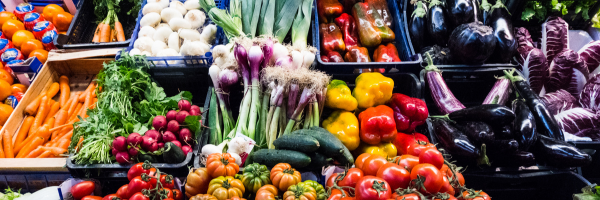New evaluation of Food Pantry Assistance Grants shows increased access to fresh foods, improved equitable practices
November 30, 2023
The Colorado Blueprint to End Hunger invests in local communities to increase healthy food access for everyone living in our state.
We provide accessible funding opportunities and distribute grants to support community-based organizations, particularly those traditionally overlooked for funding, who are leading day-to-day work in their local areas and neighborhoods. They are intentionally designed to minimize barriers, with only limited requirements to encourage, instead of deterring or disqualifying, interested applicants. As part of our process, we ensure shared opportunities for community members to lead decision-making around the distribution of funds. We also continuously evaluate our grant distribution programs to ensure they are effective, efficient, and equitable.
Colorado’s Food Pantry Assistance Grants (FPAG) exist to support organizations working directly in Colorado communities so everyone can access healthy food options near where they live. It’s open to all food pantries in the state, with a focus on purchasing meat, dairy, and fresh produce from local farmers, ranchers, and producers. The annual funding is appropriated by the state legislature to the Colorado Department of Human Services, which then works with the Blueprint for grant distribution and is complementary to Colorado's administration of USDA foods through The Emergency Food Assistance Program. The Blueprint’s statewide network of community reviewers determines how the funds are awarded.
We recently contracted with Alarus Development International to conduct a thorough evaluation of FPAG’s 2022 - 2023 funding cycle, which distributed $2,351,000 to 142 grantees serving diverse communities across Colorado.
Here are the most notable findings from their report:
FPAG funding helps Colorado food pantries increase their access to foods that are fresh and healthy, Colorado-grown, and culturally responsive to their communities. Many reported being able to purchase foods that they otherwise would not be able to afford as well as better meet the growing demand for services, especially in light of higher costs of living, inflation, and reduction of SNAP benefits when the public health emergency ended.
As one grantee shared, “At [our organization], the funding we receive from FPAG changed people's lives. We would not have been able to purchase the milk without funding from FPAG. Milk is a highly requested item…from children needing milk, seniors needing more calcium in their diet, [and] individuals with a dietary need. Clients were grateful.”
The grant program supports advancing equity in charitable food systems. Some food pantries reported improving their equitable practices, thanks to the technical assistance available to FPAG grantees. This ranged from hiring practices to client-centered approaches, such as better tailoring services to meet specific needs or food preferences.
As one grantee noted, “A huge number of our [organization] staff members that have been hired this last year were actually clients that received food relief through our efforts. Many clients were inspired to work for our organization and to be able to give back to their communities.”
Other food pantries also noted how the FPAG funding allowed them to become more active in their local food system and support producers in their area.
There’s so much more to glean in the executive summary and full report. Read it here.

